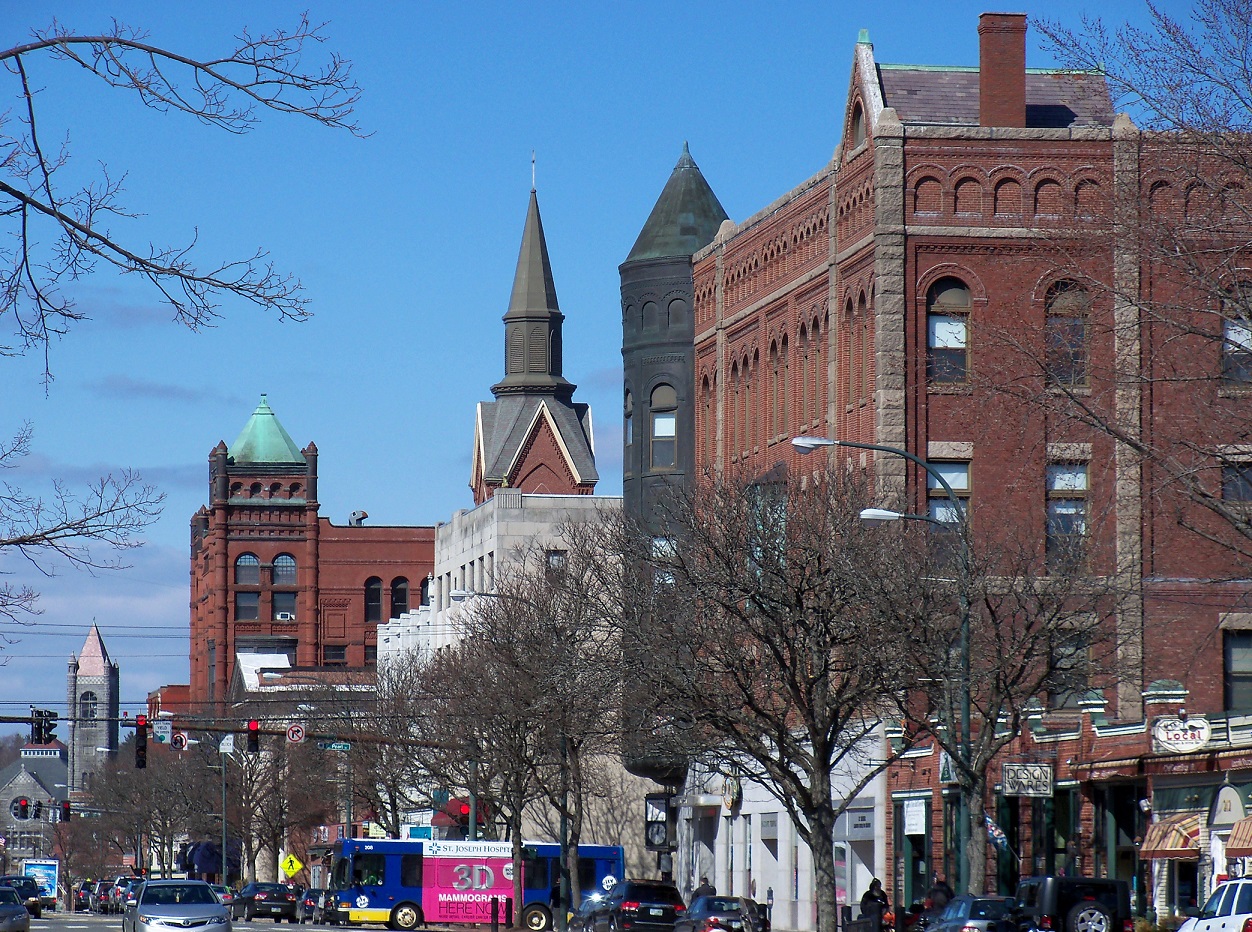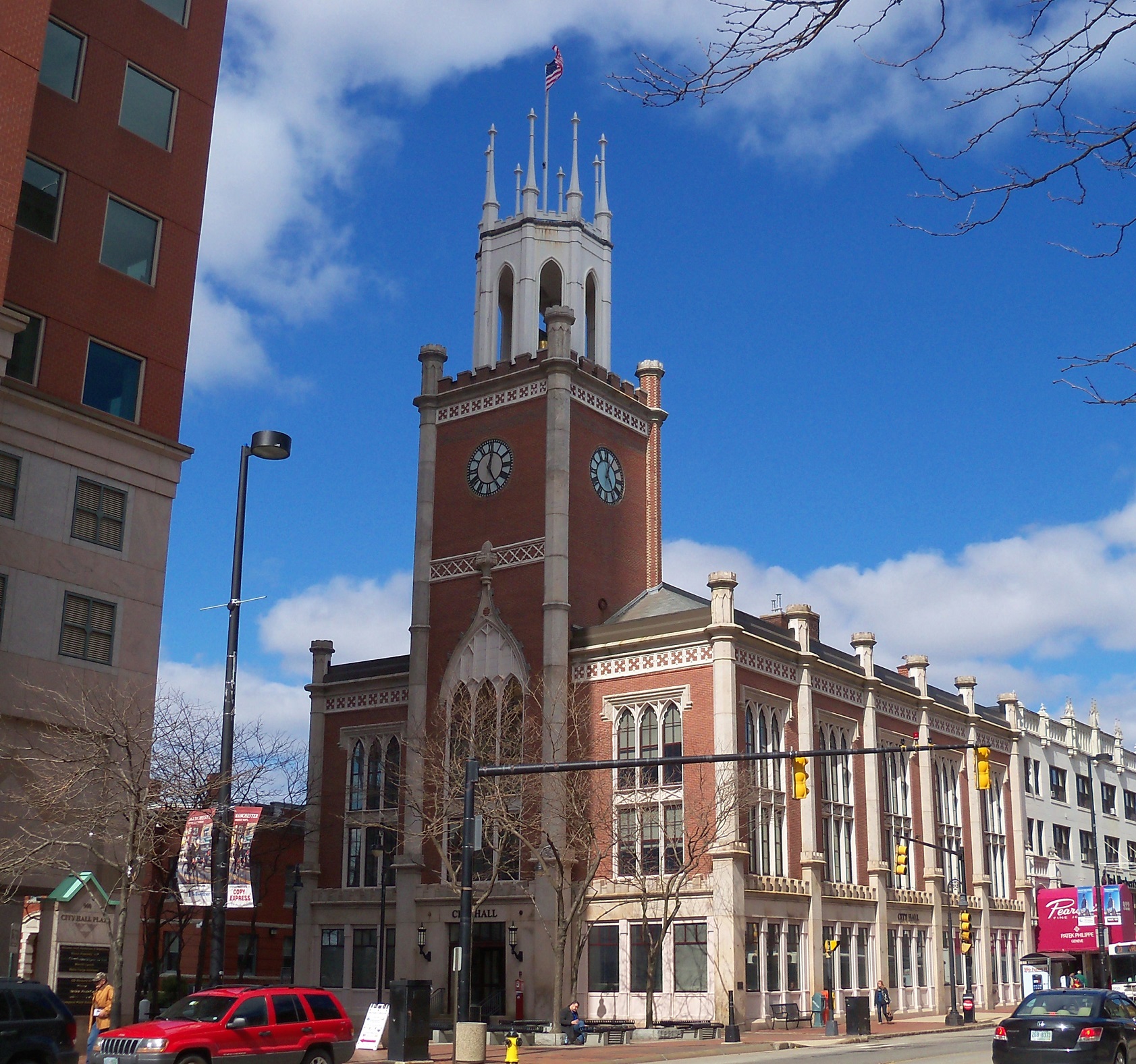If you are thinking about buying a home in New Hampshire, you’re undoubtedly thinking about how much the homeowners insurance will cost. Because depending on the house you buy, the location of that house could dramatically increase the cost of the homeowners insurance New Hampshire residents have to pay. In real estate you often hear the phrase “location, location, location” and that usually refers to the area. However, nothing has ever been more true than that phrase when it’s used in terms of homeowners insurance.
There are plenty of issues you have to think about before you submit a contract on a home. However, there is one issue you need to consider above everything else and that is how much the homeowners insurance New Hampshire residents will have to pay for that particular home. For example, if the home you are thinking about buying is in a flood zone or other high risk area, the homeowners insurance New Hampshire residents have to pay will be significantly higher. That means you will need to get a basic idea of how much the homeowners insurance will cost before you submit a contract on that home. This will help you determine whether or not you’ll be able to afford the monthly mortgage payments that will include your mortgage, homeowners insurance, property taxes, and possibly property mortgage insurance (PMI) as well.
Now that you have a general idea about how much the homeowners insurance will cost you per month, you should start to think about how you can find the best deal on that homeowners insurance. Besides, you really don’t want to pay any more than you have to do you? Of course not! So we’d like to give you some ideas for the best ways to lower your homeowners insurance rates and exactly how to go about finding the best deals.
What Cities in New Hampshire Have the Least Expensive Homeowners Insurance Rates?

Just like anywhere else, there are going to be some cities in a state that will have less expensive homeowners insurance rates than other cities. The cities in New Hampshire with the least expensive homeowners insurance rates are:
Nashua. This city is the second largest city in New Hampshire and has about 90,000 people. The average insurance rate for Nashua is about $860 per year.
Manchester. This city the largest city in New Hampshire and has about 110,000 people. The average insurance rate for Manchester is about $915 per year.
The runners up are Keene and South Rural NH with an average rate of $920 per year, Concord with an average rate of $930 per year, Lebanon with an average rate of $935 per year, and Portsmouth and Berlin with an average rate of $950 per year.
What Factors Determine Homeowners Insurance Rates?
There are several factors that will determine how much you will pay for homeowners insurance. As we stated above, a flood zone will significantly raise your homeowners insurance, as will an area that’s susceptible to natural disasters or a high crime area. However, there are other determining factors as well, such as the age of the home and the type of construction. How far that home is from emergency services is another factor. If you have filed several insurance claims in one year, your insurance premiums will likely be higher. There are also other risk factors that weigh heavily on your rate, such as a swimming pool, if you have an aggressive dog or trampoline and other such characteristics that are deemed risky. Your credit score will also be a factor, as will your deductibles and your preferred coverage amounts, which we’ll talk about in a minute.
How Do I Find the Best Deal On Homeowners Insurance?
Basing your decision about which insurance company you choose solely on price is always a bad idea. If you are receiving a significantly lower price from one insurer than you have from other insurers, there is probably a reason, which could include insufficient coverage’s among other things.
A great way to compare one insurer to another is to use one of the online comparison tools. However, each insurance company will ask for slightly different information. Therefore you will need to make sure you are giving the same qualifying information if you want to receive apples to apples quotes. The most common comparative information used is:
- The address
- Value of the home
- Deductible
- Size of the home
- Age of the applicant
- Type of home (one story, two story and so on)
- Type of roof
- Payment options (monthly, annually and so on)
The next thing you will need to do is inquire about any homeowners insurance discounts each provider is offering. There are a surprising number of commonly available discounts you could qualify for. However, many times, if you don’t ask, you might not be given the opportunity to save. Ask each insurer if they offer a multi-policy discount, a protective device discount, claim-free discount, exclusive group savings, or rates (such as being a credit union member), a newly purchased home discount (many times this is available to those who have just purchased their home), an insured to value discount, which is sometimes available for those who insure up to 100 percent of the cost to replace their home. Then you can ask if they have any other available discounts you haven’t mentioned.
Additionally, there are a few other ways to go about finding the best deals on homeowners insurance as well. You could check J.D. Power’s annual U.S. Household Insurance Study and ConsumerReports.org (if you’re a subscriber).
How Can I Make Sure I Am Getting the Lowest Possible Rates On My Homeowners Insurance?
Besides finding the best deals on homeowners insurance, there are other things you can do that will lower your rates as well. For example, avoid trampolines, pools, and aggressive dog breeds, because those all represent a liability risk in the eyes of an insurance company. You should also avoid over-insuring your home with higher than necessary coverage’s. It also helps to bundle your insurance policies such as your home and auto to get the multi-policy discounts. Raising your deductible will also help lower your rates; however, you will need to make sure you have enough money in reserves to cover the higher deductibles should a loss occur. Make sure your home is disaster-ready by adding hurricane shutters, reinforcing your roof or anything else that would help protect your home in the event of a disaster. You should also do everything you can to maintain your credit score as that will help keep your rates as low as possible. And last but not least, you should quit smoking. Many insurers will give you better rates if there are no smokers in the household.
2 Point Highlight
1. If you are thinking about buying a home in New Hampshire, you’re undoubtedly thinking about how much the homeowners insurance will cost as well.
2. Depending on the house you buy, the location of that house could dramatically increase the cost of the homeowners insurance New Hampshire residents have to pay.


































